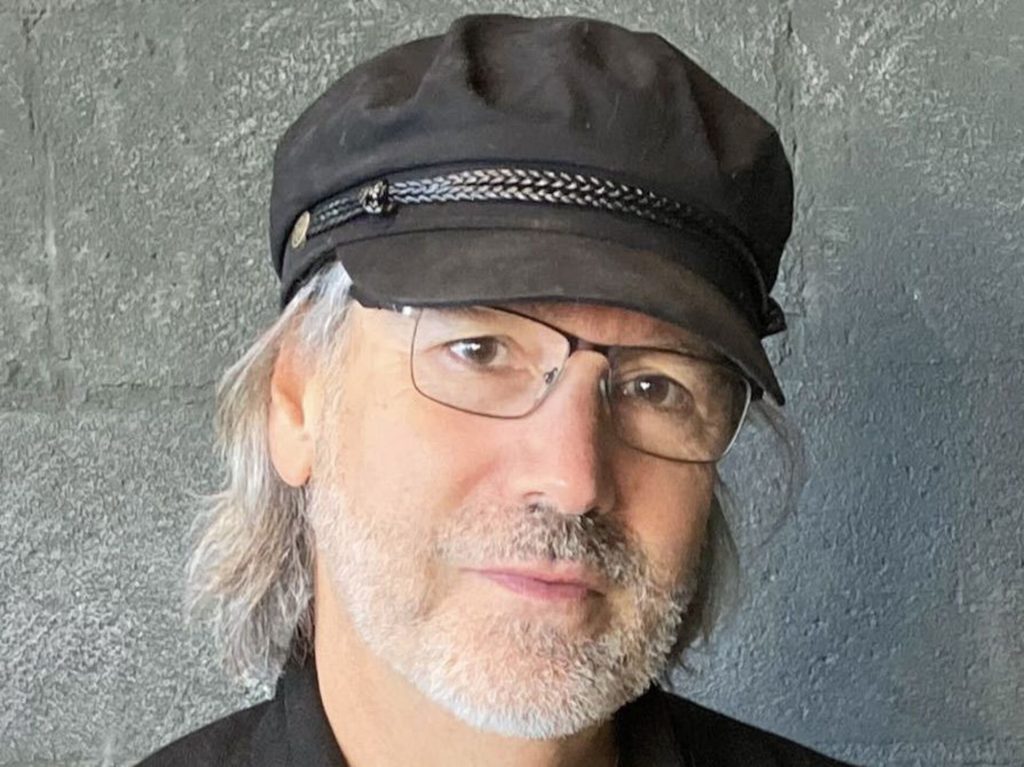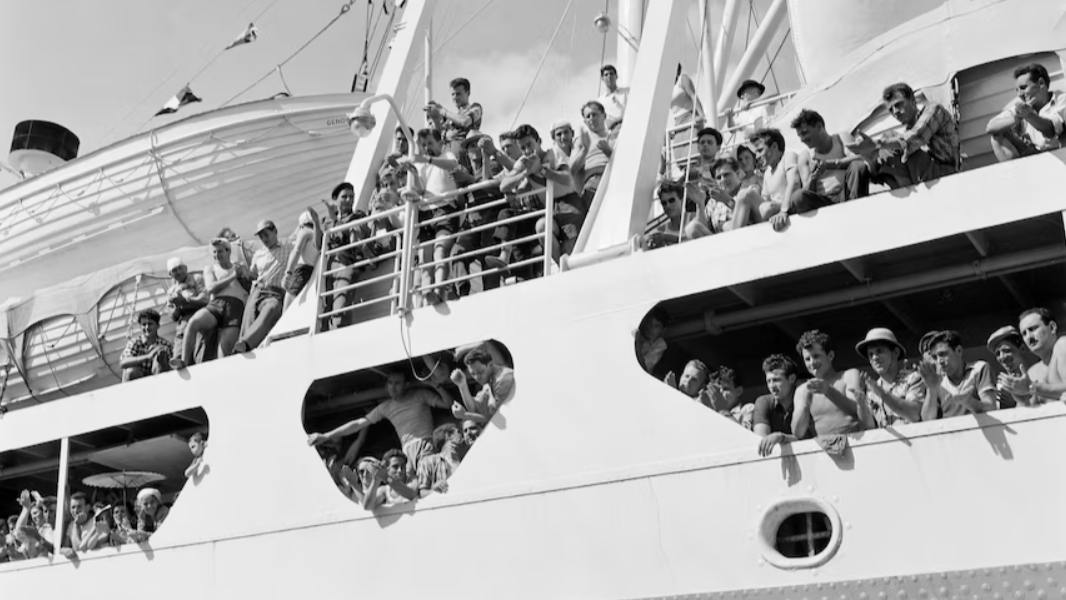When many immigrants, among them Greeks, arrived in Australia after World War II, a lot of them opted to change their last names and anglicise them. There were many ways to do it – Some used to cut just a couple of letters while others completely changed it.
According to ABC News, Phil Kafcaloudes decided to send out a survey last year to the Greek Australian community, asking about the history of these surnames and why migrants decided to change them.
From the results, three main reasons for why Greeks changed their names became evident. These were: convenience, acceptance and racism.

Kafcaloudes said the 1930s was a period with a lot of racist behaviours and anti-migrant riots in Australia. Around the time, there was also the “White Australia” policy, which would continue to exist until the 70s.
Despite this, Kafcaloudes’ survey found that while some Greeks were frustrated with the name change, he didn’t find anyone who regretted doing it.
“There was an overwhelming feeling of ‘I’ve come to Australia. This is what I need to do’ – no loss about it,” he told ABC News.
Source: ABC News.

